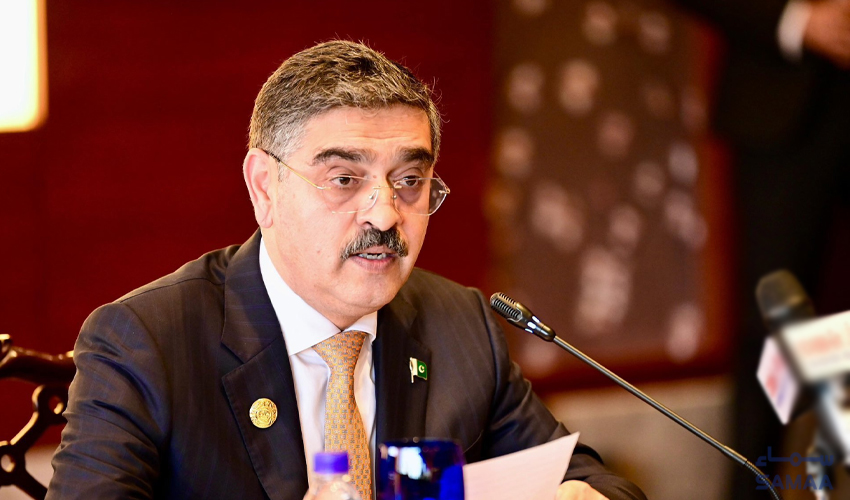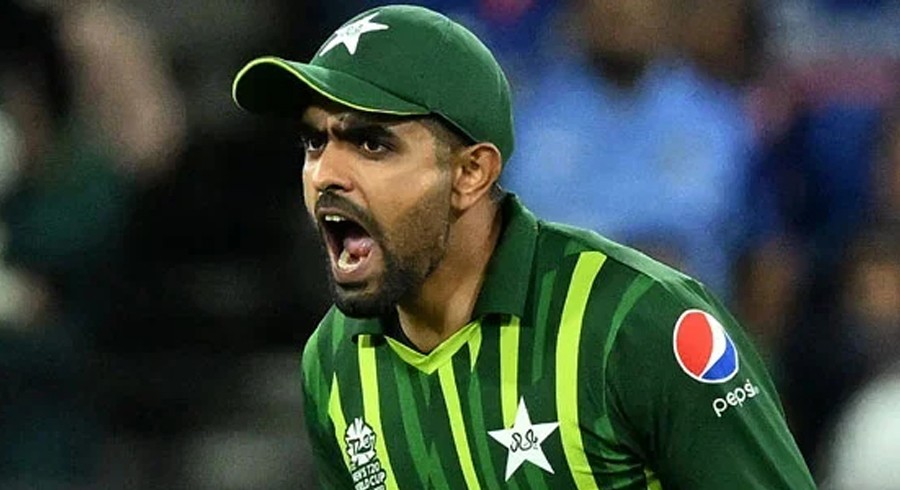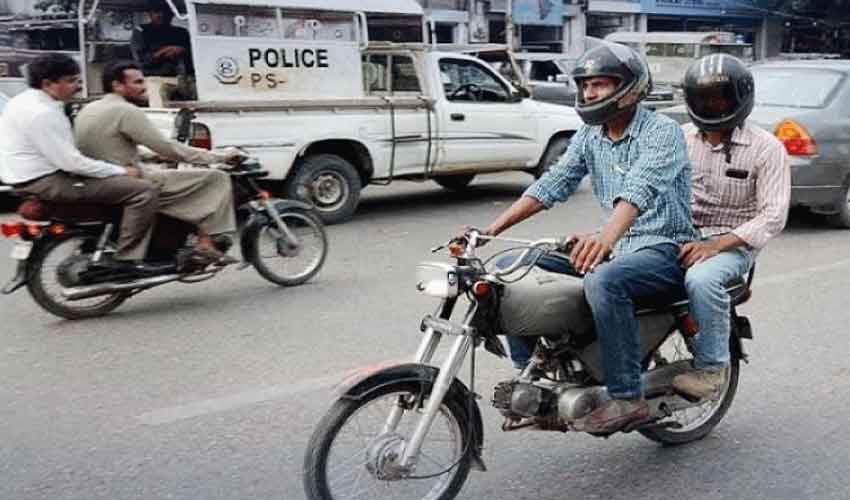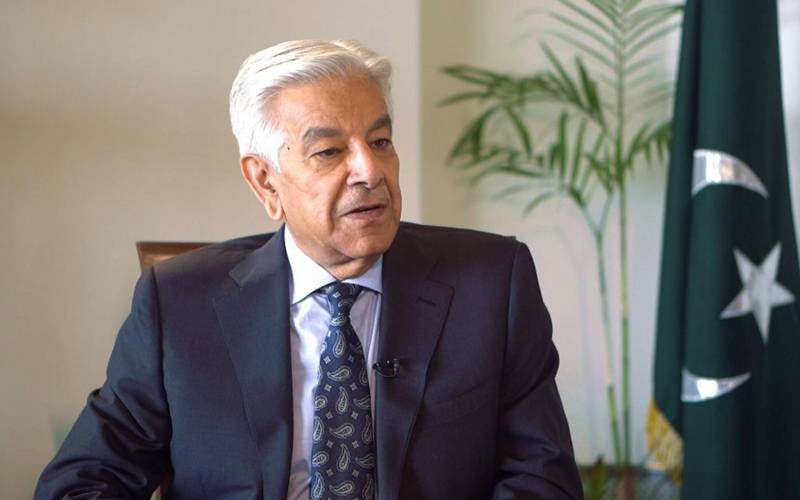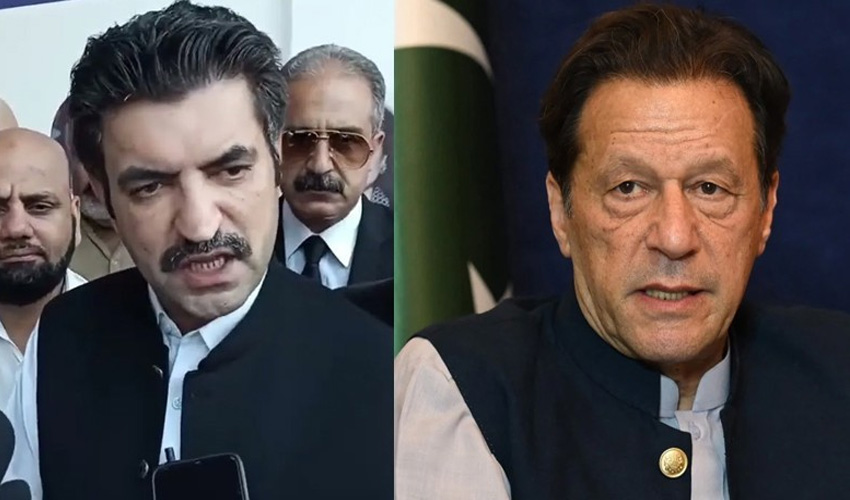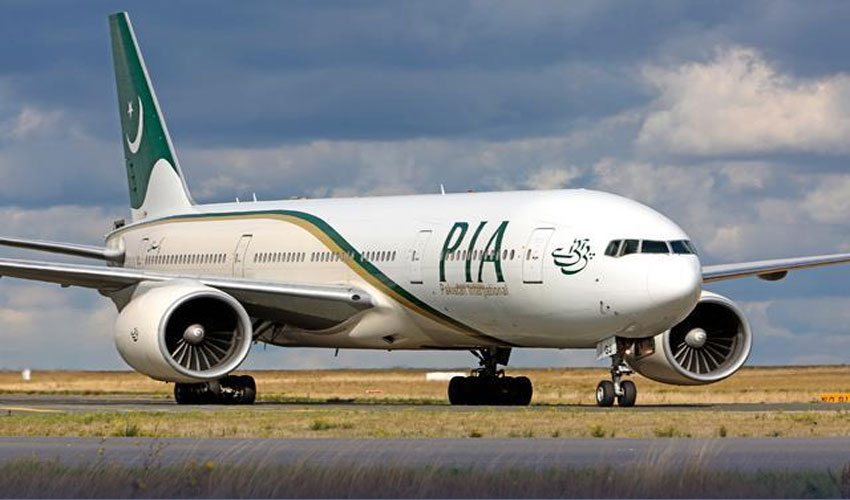Caretaker Prime Minister Anwaarul Haq on Sunday said that they have no concrete evidence whether Pakistan Tehreek-e-Insaf (PTI) founder Imran Khan orchestrated the May 9 events.
In an interview, he discussed whether individuals involved in the events of May 9 should undergo a military trial during the caretaker period and reiterated that those implicated in the events should be punished.
Regarding the allegations surrounding the founder of PTI and his involvement in May 9 incidents, Kakar revealed that he has not received any conclusive information.
He emphasized that basing punishment on mere intelligence reports for May 9 was insufficient.
He stated that several individuals from PTI involved in May 9 events were in hiding, which would certainly hinder their future political participation.
Caretaker PM emphasized that the entire party should not be punished for the events of May 9, only those directly involved.
However, he assured the public that once a comprehensive investigation concludes, all findings regarding May 9 will be transparently shared through Inter-Services Public Relations (ISPR) - media and public relations wing of the Pakistan Armed Forces.
He disclosed his voting preferences, revealing that he voted for PTI in both 2013 and 2018, but won't do it in the upcoming elections in February.
Caretaker PM also underlined the need for a peaceful transition of power.
He said that the election results will come out either by the evening of February 8 or the morning of February 9, and it will come to the fore who people who have chosen.
In the context of Balochistan, the prime minister acknowledged the historical challenges faced by the region, including talks and conflicts.
He highlighted the diverse phases that movements undergo, especially when violence becomes a tool.
The interim PM said that allegations continue to swirl around missing persons, but it was required to get to the heart of this issue.
He added that several armed groups operate violently in Balochistan and no one, according to the constitution, is allowed to resort to violence.
Kakar said that organizations, deemed international terrorists, have no place in a peaceful society, while lamenting that a particular section of the society supports them as a rights' movement.
He said Pakistan lost 90,000 of its citizens in the war against terrorism, but not even nine persons were convicted in courts for the deaths.
The issue of terrorism could not be addressed, he said, adding that horrific incident like an attack on the Army Public School occurred and personnel of law enforcement agencies, citizens, and politicians had been martyred since 2008.
“The criminal justice system is not working, and it is a fact,” he said, adding reforms in the system could not be made by the last three parliaments.
He said democracy would move forward gradually and would bring its fruits to the people as happened in Europe.
He said he believed in pure democracy, but the democratic government should improve governance and perform to gain moral strength from the people of Pakistan.
The military institutions were supporting the government in disaster management, economic issues, database management, education, health and space technology, he noted.
He said the Special Investment Facilitation Council (SIFC) was formed to help the prime minister in taking informed decisions about the economy with the support of institutional input.
With additional input from APP





